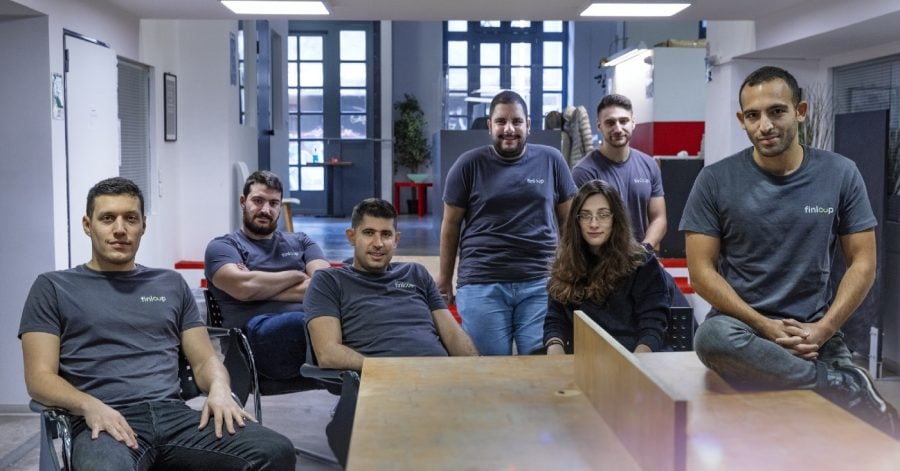Greek buy-now-pay-later (BNPL) startup Finloup has raised €1M in a pre-seed round to fuel both product and business development. The investment is led by local early-stage fund Velocity.Partners and joined by TECS Capital, Everypay, and a number of business angels.
Since launching in 2020, Finloup, which is on a mission to bring more affordable credit options to consumers, has already completed partnerships with 21 merchants in Greece, including Funky Buddha, one of the biggest fashion brands in the country. With the new capital, the team will be aiming to onboard at least 200 businesses within the next 12-18 months and test the waters in neighboring markets in Southeast Europe.
The secret sauce for standing out in a crowded market
The BNPL sector in the region (and not only) has been heating up in the past couple of years, with numerous other startups and even banks launching their own BNPL solutions in Bulgaria, Romania, and Slovenia. However, according to Finloup founders Antonis Prentzas and Marios Noutsos as well as their new investor Dimitris Kalavros-Gousiou from Velocity, the main advantage of the Greek venture lies in its proprietary credit scoring methodology.
Unlike many BNPL providers who rely on standardized information from credit bureaus/ registers, Finloup’s is using open banking data (income, savings, bills, expense management behavior, etc.), and it should be able to better predict creditworthiness. Antonis is also adamant that the company will remain committed to affordability for the end consumer, without passing on any interest or hidden fees.
“We believe that Finloup’s blended data approach that sits at the core of its own credit scoring methodology, by leveraging open-banking data together with proprietary as well as third-party data from its user and merchant bases, provides a competitive edge versus classic BNPL providers that depend on a standardized score from organized credit bureaus. This is particularly suitable in the SEE reality, in which the markets are very unstructured and premature as far as credit scoring is concerned. This will enable Finloup to better predict true consumer affordability compared to other competitors, and eventually become their trusted and go-to method where our consumers will rely on to cover their credit needs,” shares for The Recursive Dimitris Kalavros-Gousiou, General Partner at Velocity.Partners.
Consumers, being able to afford bigger purchases, should also attract more merchants to the platform. Which in turn should bring more consumers (and data). Currently, sellers can become part of Finloup’s merchant network with no upfront cost and are only charged a commission based on the total basket size. The founders share that they have observed a 40% increase in the average consumer baskets in the few months they’ve been operating.
What’s next for Finloup?
In the next few months, Finloup will be looking to affirm its position in Greece and cover all main consumer verticals – fashion, high-end grocery; mobility, jewelry, furniture, and electronics. At the same time, the company will explore how to build its presence in other countries nearby.
As part of its expansion journey in Southeast Europe, the firm would be looking to tap into markets that satisfy three main conditions: 1. Enabled by open banking (which is a result of EU’s PSD2 directive) and 2. Covered by the company’s existing customers. 3. Having startup investors capable of boosting local presence once demand has been confirmed.
Given the overall state of fintech and VC maturity in the region, Bulgaria and Romania seem like the most likely options but whether we’re right, it remains to be seen in the second half of 2022.
One thing is sure – the BNPL market will likely continue to grow as fast. Last year, investments in BNPL solutions across Europe grew by 118% and reached €1.08B, and 2021 appears to be on the road to at least double this achievement.








